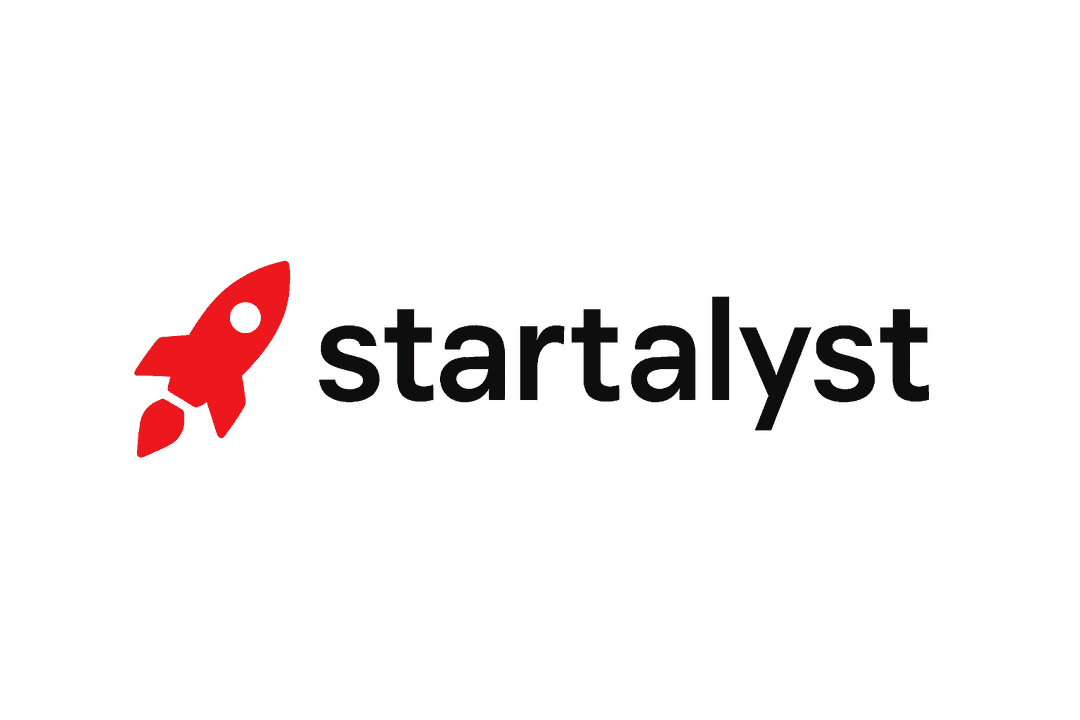Recycling Business Ideas Starter Guide
How to Get the Best Results
Start by matching local material flows to simple services you can deliver reliably, such as curbside paper hauling, electronics collection, or textile dropoff points. Small pilots reveal contamination rates, customer willingness to pay, and the cheapest routes before you invest in equipment.
Focus on repeatable processes: clear signage for sorted streams, fixed pickup windows, and a modest intake checklist reduce rework and increase resale value for reclaimed materials. Track a few metrics — weight recovered, rejection rate, and revenue per pickup — and iterate monthly.
Step 1 — Who are you?
Shortly describe your background so you can select recycling business ideas that match your experience and readiness.
- Former sanitation worker — material sorting — You can quickly identify high-value streams and reduce contamination for higher resale prices.
- Small truck owner — route planning — You can start a low-cost collection service for bulky recyclables like mattresses or metal.
- Retail store manager — customer service — You can run a convenient dropoff center that builds repeat customers and store partnerships.
- DIY woodworker — upcycling — You can convert pallet and crate waste into saleable furniture or fixtures with low raw material cost.
- Electronics technician — repair — You can refurbish phones and computers and extract valuable components from e-waste streams.
- Community organizer — partnership building — You can coordinate neighborhood collection events and secure municipal support or grants.
- Environmental science student — regulatory knowledge — You can navigate permits and compliance to open a compliant material recovery site quickly.
Step 2 — Add interests & skills
List your skills and interests to see which recycling business ideas fit best; each skill below ties directly to practical services and revenue paths.
- Composting makes backyard and municipal organics collection into a local soil product you can sell to gardeners.
- Metalworking enables you to process and grade scrap metal, increasing price per kilo for local scrap yards.
- Social marketing attracts donors and dropoffs for community buyback events and subscription pickups.
- Basic welding allows you to repair collection bins and build custom equipment that reduces outsourcing costs.
- Photography improves online listings for upcycled goods and documents quality for B2B buyers.
- Inventory management helps you track material grades and turnover so you can optimize storage and sales cycles.
- Small engine repair keeps collection vehicles and shredders running and lowers maintenance expenses.
- Grant writing increases your chances of getting start up support for community recycling pilots and equipment purchase.
- Negotiation secures better contracts with local manufacturers who buy your reclaimed feedstock.
- Local zoning knowledge shortens approval timelines for collection centers and processing hubs.
- Carpentry converts reclaimed lumber into value added products and reduces waste disposal needs.
- Hazardous materials handling permits you to collect and safely process batteries and certain e-waste for higher margins.
Step 3 — Set available capital
Choose the funding tier that matches your cash on hand so you can pick recycling business ideas with realistic startup costs and acceptable risk.
- ≤$200 You can start with community collection points, social media marketing, and manually sorting small volumes to validate demand.
- $200–$1000 You can rent a small storage space, buy basic PPE and tools, and pilot pickups or a weekend buyback stand.
- $1000+ You can invest in a used vehicle, small baler or shredder, and build inventory for steady supplies to local buyers.
Step 4 — Choose weekly hours
Decide how many hours per week you can commit so you select recycling business ideas that match your available time and growth pace.
- 5–10 hours You can run a weekend collection hub or manage online sales of upcycled items while keeping a primary job.
- 10–20 hours You can operate scheduled pickups for a neighborhood route and handle basic processing and sales during evenings.
- 20+ hours You can scale to contracts with businesses, manage multiple routes, and invest time in supplier and buyer relationships.
Interpreting your results
- Match your background, skills, capital, and hours to practical recycling business ideas that fit your constraints. If you have limited cash but strong logistics, focus on collection services and partnerships rather than heavy processing equipment.
- Run a four to six week pilot with clear acceptance criteria: minimum tonnage, contamination rate below a target, and a path to buyers for the recovered material. Use this data to decide whether to scale equipment, add staff, or change material focus.
- Consider regulatory and safety needs early for streams like batteries, tires, and e-waste, because compliance costs can shift the business case. Local partnerships with scrap yards, composters, or repair shops shorten the time to market and reduce upfront investment.
- Price your services to cover collection, sorting labor, and transport, and build a small reserve fund for unexpected disposal fees or repair bills. Track unit economics per pickup or per kilo so you can compare different recycling business ideas objectively.
Use the generator above to iterate: update your skills, capital, and available hours after a pilot, and let the tool suggest refined recycling business ideas that match what you learned.
